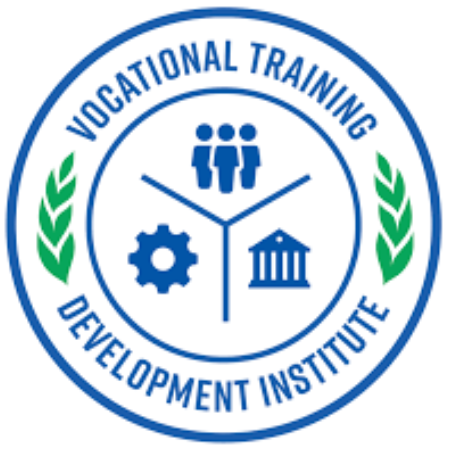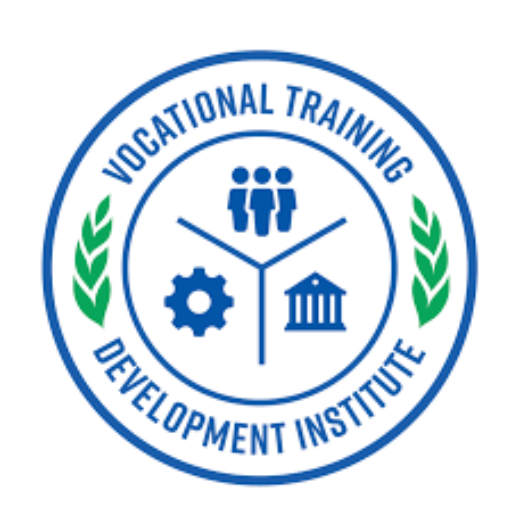VTDI’s main goal is to train and upgrade practitioners for the Technical Vocational Education and Training (TVET) system (such as teachers,
school administrators, industry practitioners and school leavers etc.). Standard programmes are therefore offered at the Diploma, Degree
and Postgraduate levels, inclusive and not limited to the following:
- Postgraduate Diploma in Education and Training
- Bachelor of Education in Applied Technology
- Bachelor of Science in Information and Communication Technology
- Bachelor of Science in Career Development
- Associate Degree in Draughting and Building Technology
- Cisco Certified Network Associate
VTDI’s programmes are accredited by the University Council of Jamaica (UCJ) and the National Council on Technical and Vocational Education and Training (NCTVET).
In addition to the foregoing, the VTDI develops and delivers customized training interventions in response to the needs of the local industry
as well as the TVET System. The VTDI also develops and offers short courses for the public in a variety of areas.
The following are some of the unique features of the VTDI:
- Small class sizes.
- Competitive tuition fees.
- Student centered ethos.
- Programmes are labour market driven and industry endorsed
- Heavy emphasis is placed on what a student can do, and not just on what they know.
- Students are able to practically apply skills acquired in real world scenarios.
- In addition to fulfilling the requirements of their respective programmes, students at the VTDI are also expected to develop t eight (8) attributes as outlined in VTDI’s Graduate Profile. This includes being effective communicators, being entrepreneurial and being a responsible citizen. For the latter, students are often involved in projects that promote the well-being of others.
- VTDI’s programmes promote the development of entrepreneurial skills.
There is an internship component (also called Practicum) in VTDI’s programmes that requires students to fulfil a specified number of hours working with a specific organization/entity to obtain experience that aligns with the training being pursued. This helps students hone/apply the competencies that they have acquired in their respective programmes.
In support of the same, the VTDI has established formal partnerships to support its Practicum activities, thereby ensuring that students are afforded the opportunity to gain meaningful experiences. Practicum very often results in graduates gaining employment in organizations where this requirement was fulfilled. Additionally, owing to the positive impact of our graduates in the workplace, reputable companies also make direct requests for VTDI graduates.
Courses within programmes are typically delivered and assessed, guided by the competency-based education and training (CBET) methodology. As a result, creative methodologies are employed to cater to students with diverse learning styles, and students are given multiple opportunities to master their skills.
Additionally, as far as assessment is concerned, a strong emphasis is placed on assessing students using real scenarios – allowing them to apply their skills/knowledge in as real a context as possible. As a result, a variety of assessment strategies are used, reducing the emphasis on just written tests.
To further illustrate, students who are pursuing a course in Producing Entertainment Events will be required to produce an actual entertainment event. As a part of their training, students will also participate in field trips.

